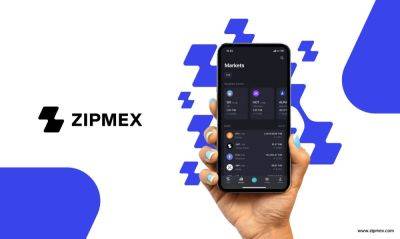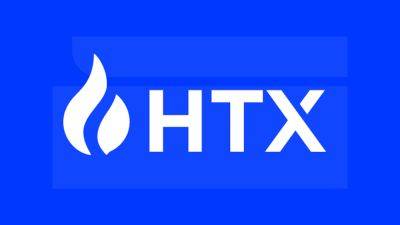Do DEX Aggregators Make a Difference?
Disclaimer: The Industry Talk section features insights by crypto industry players and is not a part of the editorial content of Cryptonews.com .
DEX aggregators allow crypto traders to tap into the full spectrum of onchain liquidity, saving them from trawling decentralized platforms in search of the best price. Some of the more advanced aggregators even tap into CEX liquidity too, allowing traders to access thousands of crypto assets in one place.
Despite aggregators offering a superior service to individual DEX and CEX, the leading DEXs routinely record more volume than aggregators. There are numerous reasons for this, including lack of awareness among traders and reluctance to stray from a familiar exchange. This latter factor is understandable since humans are hard-wired to crave routine. If a DEX has worked well the last 10 times, you’ll likely use it the next time too.
For traders willing to try alternatives – even if that means leaving the comforting interface of their favorite DEX – aggregators have a lot to offer. But are they better than the average DEX? And how does one even define better? Let’s dive in and settle this debate once and for all.
A DEX is a decentralized exchange that anyone can use to swap between two tokens onchain. The entire process is non-custodial, meaning the user retains ownership of their assets at all times. DEXs generally don’t require KYC, making them accessible to crypto traders the world over.
Then we have the DEX aggregator, which is essentially a DEX of DEXs. It allows users to compare prices for tokens in liquidity pools on multiple decentralized platforms, with smart order routing revealing the most cost-efficient option. A few aggregators, such as Orion, also tap into CEX
Read more on cryptonews.com






















